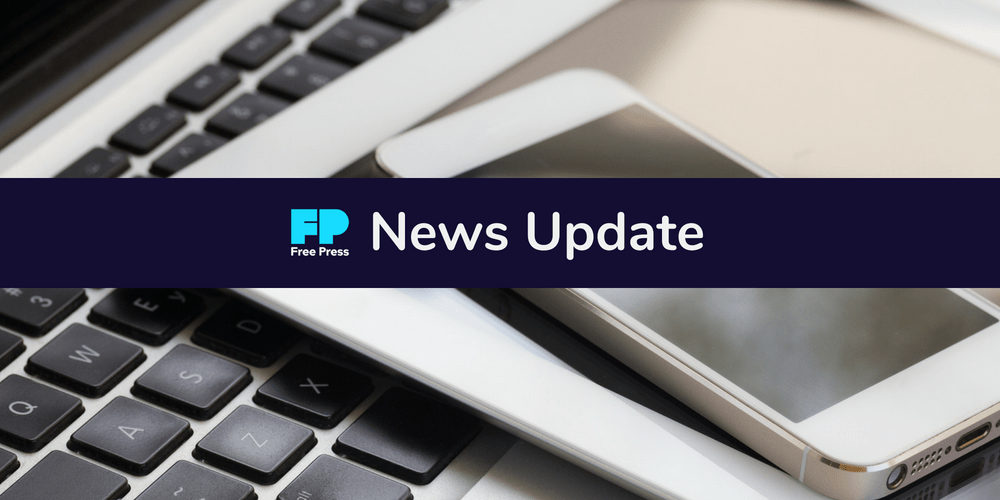Free Press Calls on Major Internet Providers to Waive Broadband Bills for At-Risk People and Stop Data Caps During the Coronavirus Crisis

WASHINGTON — As the United States struggles to contain the coronavirus outbreak, reliable and affordable access to internet and phone services is more critical than ever. On Thursday, Free Press and its members have asked internet service providers (ISPs) — including AT&T, Comcast and Verizon — to respond to the national-health emergency by waiving key broadband costs for those hit hard by COVID-19.
Free Press is asking ISPs to suspend all data caps and overage charges associated with them, and to pause all disconnects for non-payment of broadband fees during the pandemic. Free Press has also asked that ISPs eliminate all eligibility requirements for any low-income targeted plans during the pandemic. In addition, ISPs should waive all billing for low-income households, seniors, furloughed workers and households with public-school students who have been sent home due to school closures.
FCC Commissioner Jessica Rosenworcel also urged the agency to explore ways “to expand the reach of connectivity as quickly as possible at little or no-cost to Americans who are impacted by the coronavirus. Where data caps are in place, we need to explore how those limitations can be eliminated.”
According to the 2017 Census, there are 30.8 million U.S. households where one or more children ages 3 to 17 reside. Of these, 4.1 million households have no home-internet connection.
Free Press Campaign Director Candace Clement made the following statement:
“The coronavirus has left people on the wrong side of the digital divide particularly vulnerable. Dozens of communities from Seattle to Boston have closed local schools, sent students home and asked them to continue their studies online. Employers have asked staff to work from home instead of commuting to crowded workplaces. People who can’t do their jobs via telework are being sent home or, in the case of industries like the airlines, laid off.
“We may all soon be subject to various degrees of social distancing, which will likely involve a heavier reliance on digital communications and a greater demand for data. Internet providers must ensure that students are still able to learn, employers are still able to conduct business, and we’re all able to communicate with each other without having our connections capped or cut off.
“Especially during a crisis, internet and phone access should be accessible public services like water and electricity. The nation’s broadband providers need to do their part for the public benefit. To minimize disruptions to education, the economy and public life — and to ensure that timely public-health communications are accessible to all — these companies must lower the costs of connectivity for those who struggle to get online or need robust connections to work from home.”